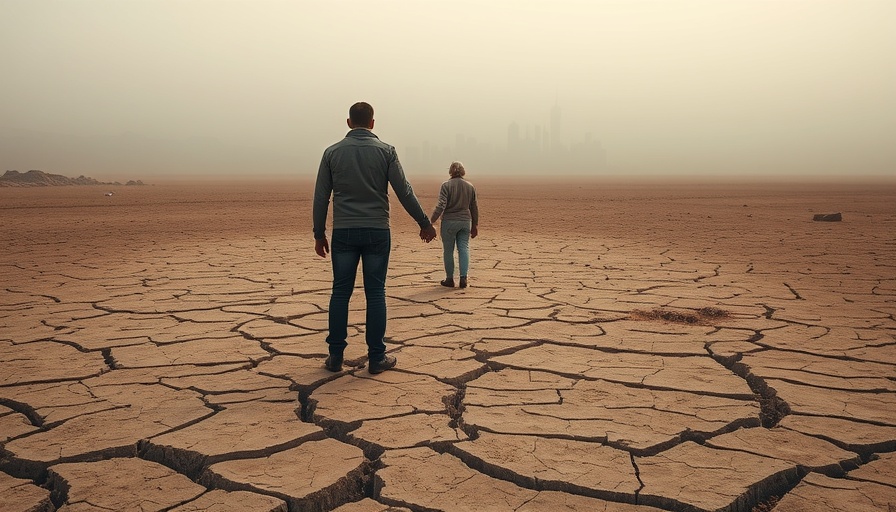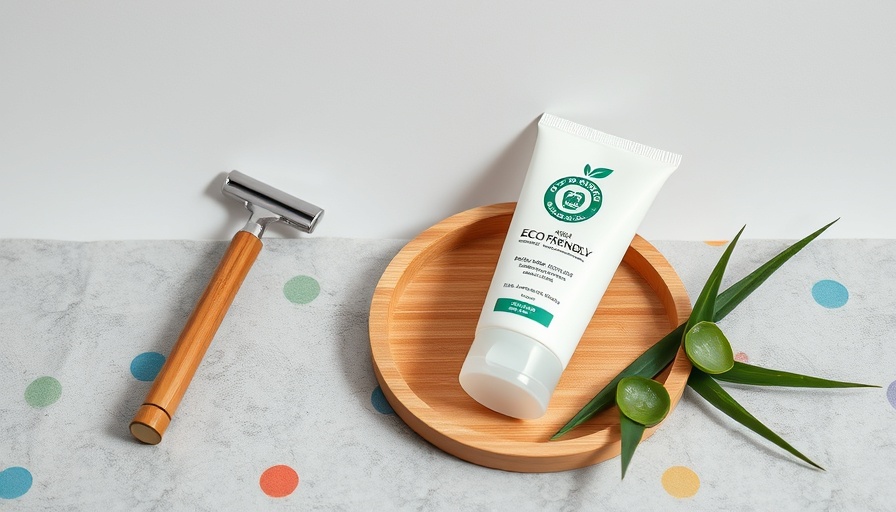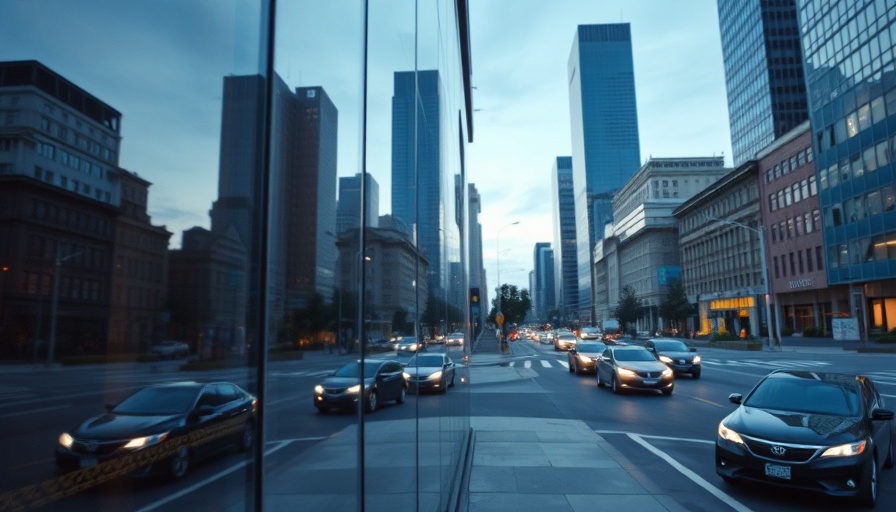
A Landmark Ruling: The Right to a Clean Environment
In a groundbreaking development for environmental justice, the United Nations’ International Court of Justice (ICJ) has declared that a "clean, healthy and sustainable environment" is a human right. This ruling, issued on July 24, 2025, comes in the context of mounting global concerns over climate change and its far-reaching impacts on natural ecosystems and human health.
Understanding the Court’s Findings
The ICJ's ruling emphasizes the legal obligations that arise from international treaties such as the Kyoto Protocol, the Paris Agreement, and the Universal Declaration of Human Rights. As stated by ICJ President Yuji Iwasawa, the serious consequences of climate change necessitate action from member states. The court mandates that nations must take due diligence in mitigating greenhouse gas emissions and protecting the environment, establishing a clear connection between environmental health and the enjoyment of fundamental human rights.
Legal Implications for Nations
This ruling holds significant legal weight; while advisory opinions from the ICJ are not binding, they carry moral authority and influence international law. Member states that fail to adhere to these obligations risk incurring legal responsibility, which could entail making reparations and guarantees of non-repetition of harmful actions. Such consequences serve as a stark warning to nations lagging in their climate commitments.
The Role of Vanuatu and Global Advocacy
This historic advisory opinion was partly prompted by Vanuatu, a Pacific Island nation, which in 2021 sought clarity on the legal frameworks governing environmental protection amidst climate change. Fueled by grassroots efforts from youth activists, Vanuatu’s initiative not only highlighted environmental vulnerabilities faced by smaller nations but also rallied global support for enhanced climate action.
Why Does This Matter to the Hospitality Industry?
For boutique hospitality professionals and eco-conscious lodging businesses, the ICJ's ruling reinforces the imperative for sustainable practices. Clean environments directly correlate with the allure and health of tourist destinations. From promoting nature reserves to advocating against microplastics, small-scale hotel owners stand to benefit from incorporating sustainable practices that align with this ruling. Initiatives like chaos gardening, which enrich local biodiversity, can enhance the guest experience while contributing to broader ecological health.
Pathways to Action for Boutique Hospitality Professionals
Taking action in light of this ruling means embracing innovative strategies in environmental stewardship:
- Use of Leather Alternatives: Adopting sustainable materials not only aligns with eco-friendly practices but also appeals to environmentally conscious customers.
- Promote Biodiversity: Support for local flora and fauna, such as bees, can enhance the beauty of landscapes while bolstering ecosystems.
- Regular Climate Awareness Campaigns: Engage guests with educational initiatives on climate change and sustainability to foster a culture of environmental responsibility.
- Investment in Alternative Solutions: Explore sterile plastic alternatives to reduce pollution, creating a healthier atmosphere for both guests and the local environment.
The Future of Environmental Rights
The implications of this ruling extend far beyond the courtroom. It reflects a burgeoning global consciousness towards environmental protection as an integral component of human rights. The hospitality sector, known for its close ties to nature, has a unique platform to champion this cause. By adopting green practices and promoting a sustainable ethos, boutique hotel owners can play a vital role in upholding the human right to a clean environment.
As stakeholders in the hospitality industry adapt to these shifts, they should recognize the significant opportunity to lead by example in these changing times. Operational decisions today will not only shape the future of their businesses but also influence the health of the planet.
 Add Row
Add Row  Add
Add 




Write A Comment